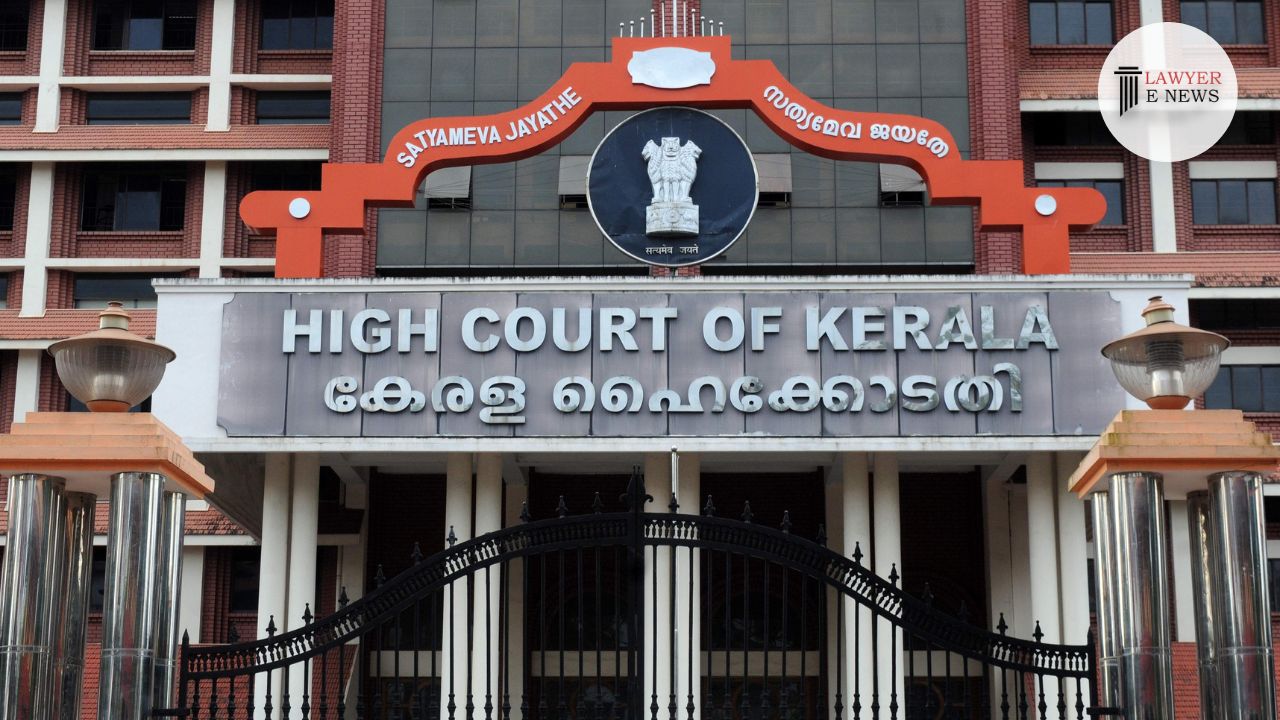-
by sayum
17 February 2026 5:39 AM



In a significant ruling, the Kerala High Court, presided over by Justice Bechu Kurian Thomas, set aside a non-bailable warrant issued against an accused in an assault case, emphasizing the necessity of following due procedure before resorting to such measures. The decision was made in the Criminal Miscellaneous Case No. 821 of 2024, involving Mansoor B.H. and Sakeena Beegum as petitioners.
The court observed, “The intention behind providing the above category of cases is to avoid the unreasonable action of issuing a non-bailable warrant against the accused without even verifying whether they had actually been served with summons or whether they have been prevented from co-operating with the investigation for any reasons beyond their control” (Para 7). This statement underlines the court’s commitment to ensuring procedural fairness and adherence to legal guidelines before issuing warrants.
Justice Thomas’s order highlighted the guidelines laid down in Satendar Kumar Antil Vs. Central Bureau of Investigation [2021 (10) SCC 773], which categorize offenses and prescribe specific procedures for issuing warrants. The petitioner, accused of offenses under Sections 323, 324, 341, 308, and 427 r/w Section 34 of the IPC, falls under Category-A – offenses punishable with imprisonment of 7 years or less.
The court found that the Magistrate had hastily issued a non-bailable warrant without following the due process of first issuing a summons and then a bailable warrant, in case of non-appearance. “Of course, in appropriate cases, the Magistrate can issue non-bailable warrants to the accused. However, such instances must be confined to exceptional situations” (Para 9), the judgment stated, clarifying the circumstances under which such warrants may be issued.
Concluding the judgment, the High Court directed the Judicial First Class Magistrate Court-II, Nedumangad, to consider positively any application for recall of the warrant and for grant of bail, provided it is filed by the petitioner within 15 days.
Date of Decision: 25 January 2024
MANSOOR.B.H. VS STATE OF KERALA
